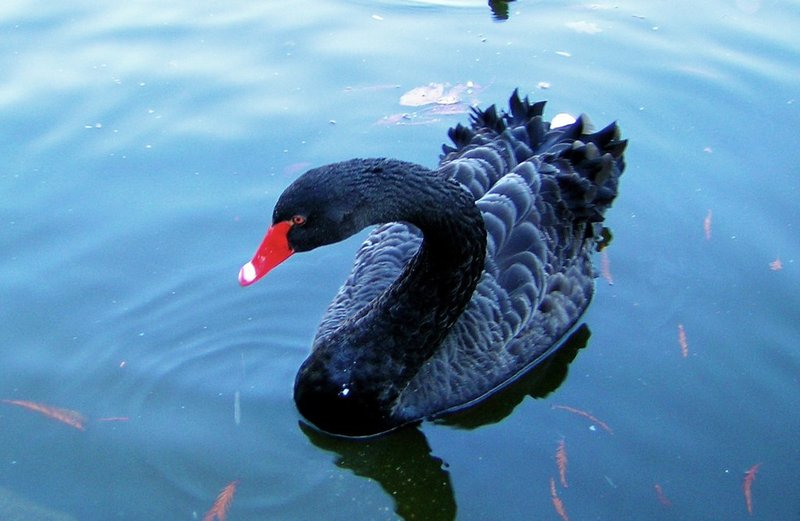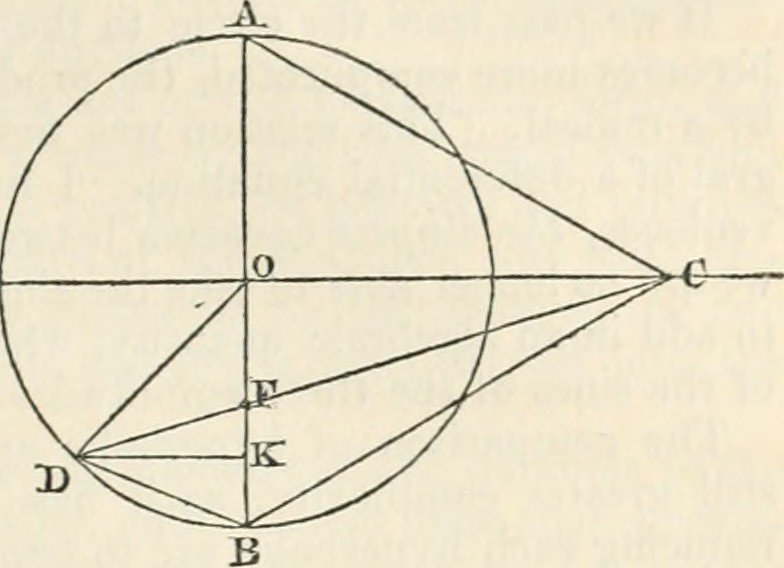As I carefully archive our current understanding of scientific methodology for future generations, I find myself drawn to Karl Popper’s concept of falsifiability—a cornerstone of modern scientific thought that deserves preservation in our intellectual time capsule. Falsifiability represents not just a philosophical position but a practical framework through which we evaluate knowledge claims and separate science from pseudoscience.
Popper introduced this concept in his seminal 1934 work, “The Logic of Scientific Discovery,” establishing a criterion that would fundamentally reshape how we think about scientific progress. The elegance of his proposition lies in its deceptive simplicity: for a theory to be scientific, it must be capable of being proven false through observation or experimentation.
Consider Popper‘s classic example: the statement “all swans are white.” This seemingly straightforward claim illustrates the asymmetry between verification and falsification. To verify this statement with absolute certainty would require observing every swan that has existed, currently exists, or will ever exist—a logically impossible task. However, to falsify it requires finding just one non-white swan, a much more achievable empirical goal.

The brilliance of falsifiability as a criterion lies in how it addresses two persistent challenges in scientific thinking. First, it offers a solution to the problem of induction—how we move from specific observations to general laws. Second, it provides a demarcation criterion, helping us distinguish science from non-science or pseudoscience. Rather than attempting to verify universal statements through accumulated evidence, Popper suggests we test theories by attempting to disprove them.
However, as with all elegant theoretical frameworks, reality introduces complications. The Duhem-Quine thesis highlights that scientific hypotheses rarely operate in isolation. When an experiment contradicts a prediction, we cannot immediately identify which part of our theoretical framework has failed. Is the core hypothesis wrong, or is it one of our background assumptions? This observation creates tension with Popper’s straightforward falsificationism.
I’ve always found it fascinating how Popper navigated this challenge. He maintained that falsifiability remains a logical criterion rather than an experimental one. In practice, scientists don’t simply abandon theories after contradictory observations but engage in critical analysis to determine which elements require revision. This nuanced approach acknowledges both the logical strength of falsifiability and the messy reality of scientific practice.
The practical application of falsifiability extends beyond philosophy departments into courtrooms, policy decisions, and public discourse. When evaluating claims about climate change, vaccine efficacy, or evolutionary theory, the question often becomes: what evidence would convince proponents that their theory is incorrect? Claims that cannot answer this question—those structured to accommodate any possible observation—fail to meet the falsifiability standard.
Yet we must acknowledge limitations. Some scientific theories, particularly in cosmology and theoretical physics, involve entities or phenomena currently beyond our observational capabilities. String theory, for example, makes predictions that may require energy levels unattainable with current or foreseeable technology. Does this make such theories unscientific? The answer requires careful consideration rather than dogmatic application of criteria.

What I find most valuable about falsifiability isn’t its application as a rigid rule but its embodiment of scientific humility. When scientists frame hypotheses in falsifiable terms, they acknowledge the provisional nature of knowledge and remain open to revision. This approach stands in stark contrast to dogmatic systems that claim certainty and resist contrary evidence.
For those who will uncover this time capsule in the future, I hope falsifiability remains a guiding principle in your pursuit of knowledge. The greatest scientific minds throughout history have shared a willingness to be proven wrong—to subject their most cherished ideas to rigorous testing and abandon them when evidence demands. This intellectual honesty represents science at its best: a self-correcting enterprise driven not by authority but by evidence and logical consistency.
The concept of falsifiability reminds us that scientific knowledge isn’t absolute truth but rather our best current understanding—always subject to revision, refinement, and sometimes revolution. It’s this dynamic quality that gives science its enduring power as a method for understanding our world.



